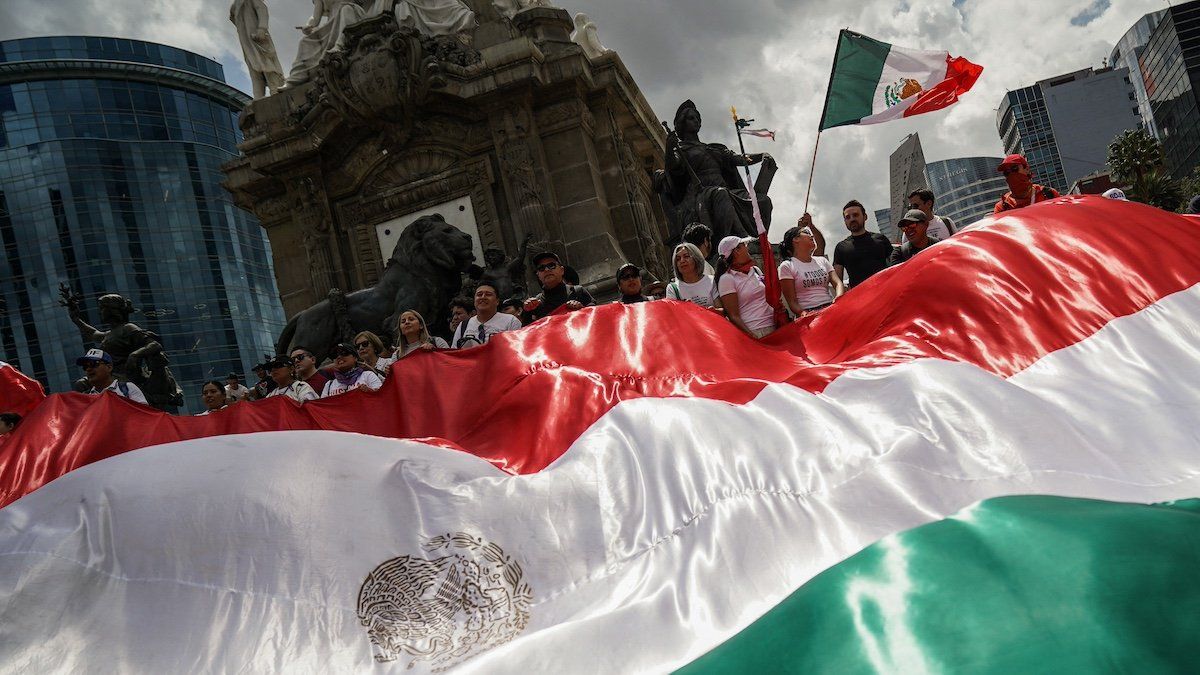Mexico’s senate voted 86-41 on Wednesday to approve a controversial judicial overhaul that will require the nation’s judges to stand for election in order to keep their jobs. Critics fear this will politicize Mexican justice and scare off investors crucial to the country’s prosperity. The peso weakened by 1% on Tuesday, and it is down 15% since Mexico’s June election, leaving investors worried that their assets might not be protected and that the reform could cause problems with the all-important US-Mexico-Canada Agreement on free trade.
Incoming President Claudia Sheinbaum – she takes office on Oct. 1 – attempted to set markets at ease, saying “national and foreign investors don’t have anything to worry about,” and claiming the reforms will “strengthen the delivery of justice in our country.”
Eurasia Group country expert Matías Gómez Léautaud says the reforms will “open the door for the political capture of the judiciary as a whole, the intermission of criminal groups, as well as the consolidation of monopolistic practices.”
“Businesses operating in Mexico will struggle to have a fair trial on any given issue in which they have to reach an arbitration process,” he notes.
The only other country where top justices are elected, Bolivia, is hardly the poster child of a stable, investable democracy, and its Constitutional Court has become a tool of the ruling party to maintain power.
Sheinbaum has consistently said she is committed to seeing the reform through despite criticisms. Federal and supreme court justices will stand for election in two cycles, in 2025 and 2027, which bracket scheduled USMCA negotiations in 2026. We’re watching whether the decision sparks more protests – and how it impacts Mexico’s economy and free trade talks.
